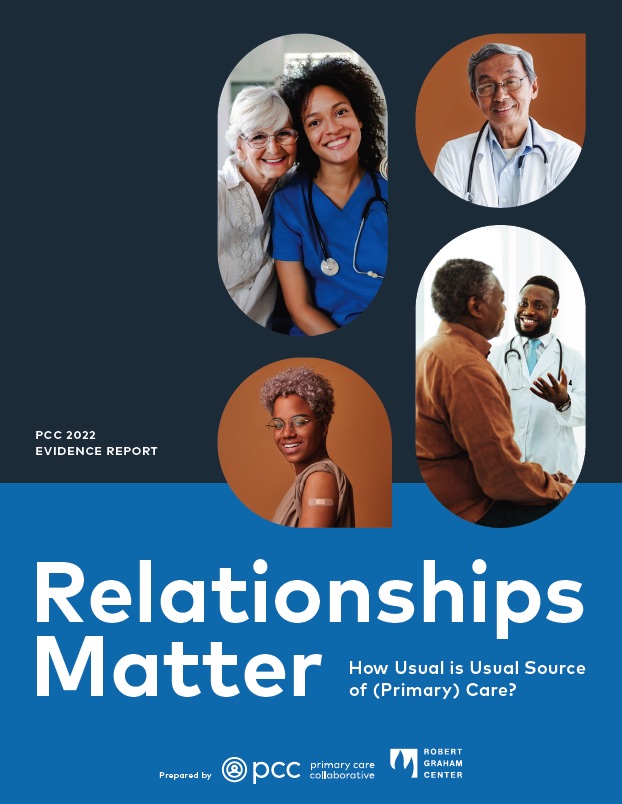With an August 13th letter, the PCC joined a diverse group of 188 organizations calling on Congress to pass the bipartisan Stabilize Medicaid and CHIP Coverage Act (H.R. 5434 and S. 3138).
Medicaid and CHIP provide vital health care coverage to over 80 million Americans. As primary care clinicians and patients discovered amid the unwinding of COVID-19 protections, this coverage is at risk for millions of Medicaid and CHIP beneficiaries because there are no safeguards in place to protect beneficiaries from losing their coverage when they are required to re-enroll or have a slight change in income. Any gap in coverage can create barriers to essential primary care access, and frustrate the implementation primary care payment reform.
Medicaid and CHIP coverage must be stabilized to ensure that millions of Americans have access to high-quality health care. A nationwide policy of 12-month continuous eligibility for all adults in Medicaid and CHIP will allow for continuous and stable enrollment without risk of losing coverage.
You can read our full letter below:





